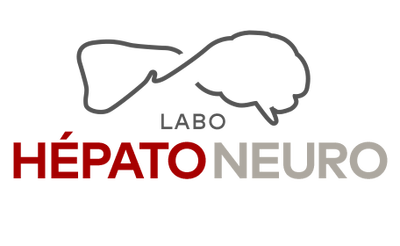Background: The COVID-19 pandemic and containment measures have significantly impacted human life’s activities throughout the world. Across Canada, business closures and containment measures have led to changes in the population’s lifestyle, including eating habits that may have deviated from the most recent Canada’s Food Guide (CFG) recommendations. This is especially true for immunosuppressed individuals who adheres to strict containment recommendations as they are at higher risk of developing complications from COVID. No study has documented dietary changes in this vulnerable population. Purpose: The main objective is to i) describe changes aligned or not with CFG recommendations in eating behaviours (e.g., eating in front of the TV, eating with family) and food consumption (e.g., eating vegetables, drinking sugary beverages) and ii) identify correlates of these changes in immunosuppressed individuals and their relatives during the COVID pandemic. Methods: A total of 217 participants (75.6% female) completed an online questionnaire in 2021. Change in categories in eating behaviours and food consumption were determined a priori using the CFG: no change, aligned or non-aligned with recommendations. Multinomial logistic regressions were used to estimate the association between socio-demographic (e.g., age, gender, employment status), lifestyle (e.g., physical activity, sedentary lifestyle), clinical (e.g., immunosuppression status), psychological (e.g., anxiety, depression, body image), and nutritional (e.g., number of meals per day, body weight) characteristics and dietary change. Results: Participants reported aligned (31%) and non-aligned (37%) changes in eating behaviours according to the CFG. Only 27.6% of participants reported no change in their eating behaviors. A similar pattern was observed regarding food consumption: 38% of participants reported aligned changes and 39% non-aligned changes with the CFG. Analysis aiming to identify factors associated with change in eating behaviors and food consumption are currently underway. Conclusion: Identifying factors associated with aligned or non-aligned changes with the recommendations will help inform clinical practices and prevention strategies that can support adoption of guidelines-based eating habits in immunosuppressed individuals in the context of stressful life event such as COVID-19 pandemic.

